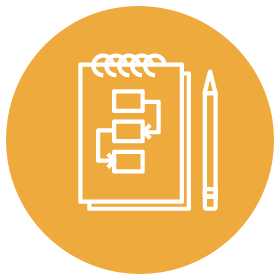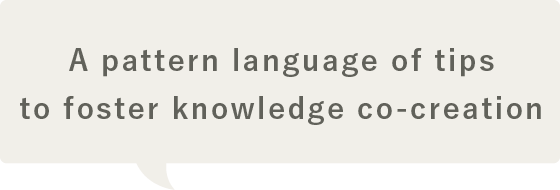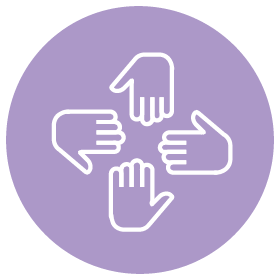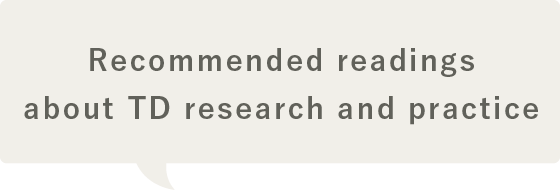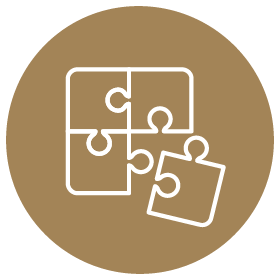LEARN
Where to start?
Our planet faces a variety of environmental problems, including climate change, forest fires, air pollution, biodiversity loss, ecosystem degradation, and overproduction and consumption. These problems have been caused by human activities and are by no means easily solved. However, we have a responsibility to pass on the blessings of nature to future generations. To fulfil that responsibility, it is necessary for all people involved in these problems to work, think, and act together to solve them.
Global environmental issues have gradually gained international recognition since the 1970s. There has been much research on environmental issues, and it seems that our understanding of the mechanisms of nature and society has greatly improved. Despite this, many environmental problems have continued to worsen. Why is this? It may be because there have not been enough achievements, or because the information and solutions produced by science do not sufficiently align with the solutions that society needs or can put into practice.
In recent years, much attention has been paid to transdisciplinary research (TDR), in which researchers from various fields work together with people from outside academia to address societal issues. Various international organisations and research programs have started to put this approach into practice. However, for many people, it might be the first time they have collaborated with people from different fields or backgrounds, and the experience could be challenging. Therefore, we have gathered a variety of resources regarding the practice of co-creation and have organised them into a collection of basic knowledge about TDR, tips, tools, glossaries, bibliographies, and other topics. We hope you will find this collection useful in your co-creation practice.
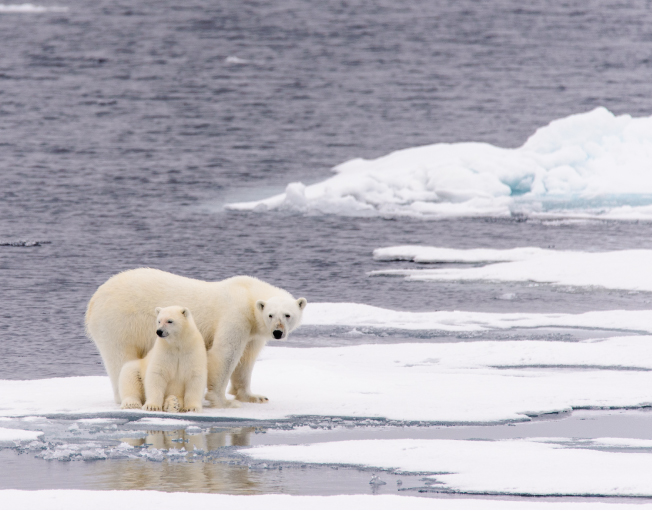
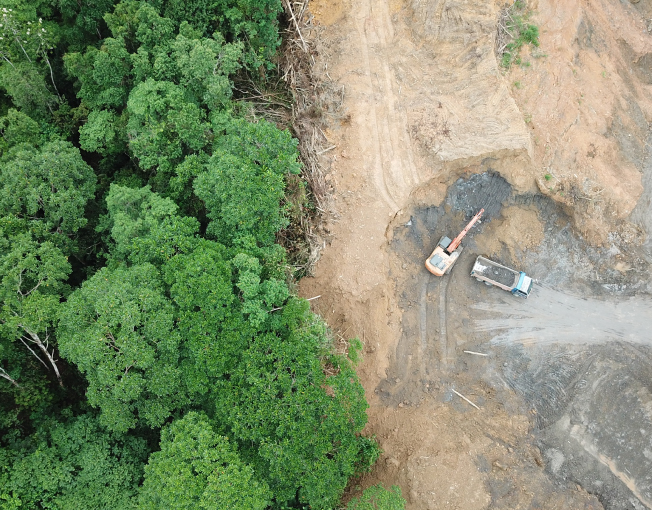
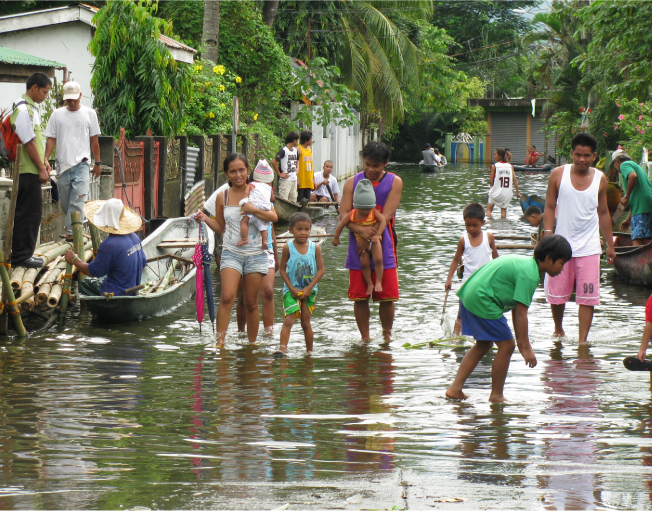
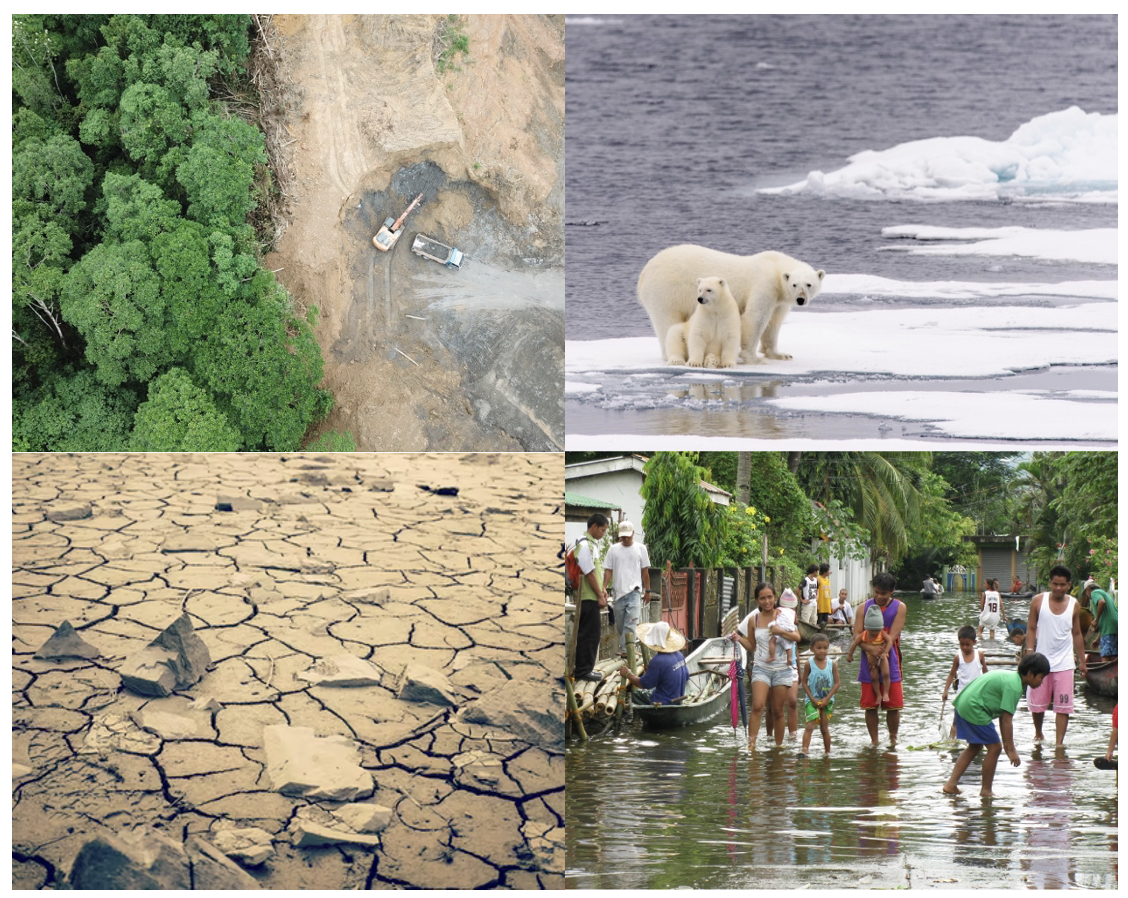
6 resources to facilitate the understanding of co-creation






